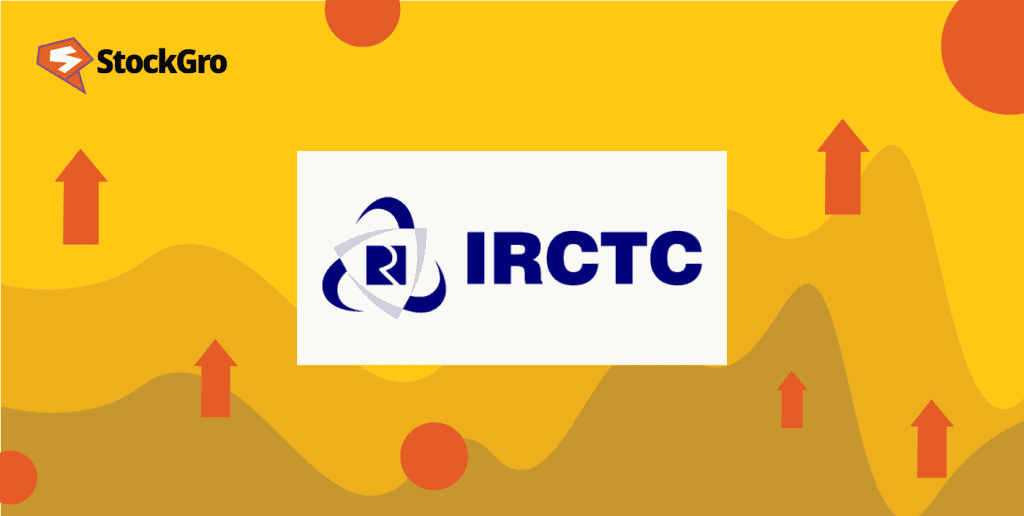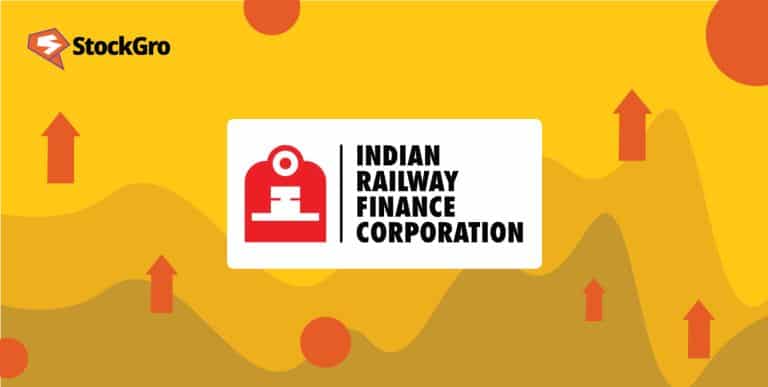
Indian Railway Catering and Tourism Corporation (IRCTC) has released its Q1 results for the financial year 2024-25, revealing a mixed bag of performance across its various business segments.
While the company has shown significant growth in net profit, bolstered primarily by its catering services, other areas like tourism have faced some challenges. In this article, we’ll break down the key highlights of IRCTC’s Q1 performance, focusing on the numbers that matter.
What is IRCTC?
IRCTC is a government-owned entity under the Ministry of Railways in India, primarily responsible for providing online ticketing, catering services, and packaged drinking water to railway passengers.
It also operates in the tourism sector, offering various travel-related services. With its monopoly on key services in the railway sector, IRCTC plays a vital role in India’s transportation and hospitality landscape.
IRCTC’s impressive profit growth in Q1
IRCTC reported a robust 33% year-on-year (YoY) growth in its consolidated net profit for the first quarter of the financial year 2024-25. The company’s net profit rose to ₹308 crore, up from ₹232 crore in the same period last year.
This significant increase in profit can be largely attributed to the strong performance of its catering segment, which continues to be the backbone of IRCTC’s revenue generation.
On a sequential basis, IRCTC’s net profit also saw an 8% rise compared to the previous quarter, where it reported a profit of ₹284 crore. This sequential growth is a positive indicator of the company’s resilience and its ability to maintain profitability despite fluctuations in other segments.
Revenue from operations
IRCTC’s consolidated revenue from operations stood at ₹1,120 crore for the April-June 2024 period, marking a 12% increase compared to ₹1,002 crore in the corresponding quarter of the previous year.
This growth, though solid, is slightly tempered by a 3% decline in revenue when compared to the preceding March quarter.
Segment-wise performance
- Catering:
The catering segment was the star performer for IRCTC in Q1, contributing significantly to the overall revenue. Revenue from the catering segment surged by 17% YoY, reaching ₹559 crore compared to ₹477 crore in the same quarter last year.
This growth highlights the increasing demand for onboard catering services, driven by a rise in train travel post-pandemic.
- Internet Ticketing:
IRCTC’s internet ticketing segment, another major revenue contributor, reported a revenue of ₹329 crore, up from ₹290 crore in the last year’s quarter.
This 13.4% increase underscores the growing reliance on online platforms for railway ticket booking, a trend that IRCTC has capitalized on through its monopoly in the sector.
- Tourism:
Unfortunately, not all segments performed equally well. The tourism segment took a hit in Q1, with revenues dropping by 12.35% to ₹125 crore, down from ₹142 crore in the same quarter of the previous year.
The decline in tourism revenue is a cause for concern and may require strategic interventions to revitalize this segment.
Margins under pressure
Despite the strong growth in revenue and profit, IRCTC’s margins faced some pressure in Q1. The company’s EBITDA (Earnings Before Interest, Taxes, Depreciation, and Amortization) for the quarter was ₹375 crore, reflecting a 9% increase from ₹342 crore in the previous year’s quarter.
However, the EBITDA margin slightly declined to 33.5%, indicating a potential increase in operational costs or pricing pressures in certain segments.
Stock market reaction
IRCTC’s Q1 results had an immediate impact on its stock performance. Despite the positive financials, the company’s shares closed 0.65% lower at ₹918.30 on the NSE, down from ₹924.35 in the previous trading session.
This slight dip in stock price could be attributed to investor concerns over the decline in tourism revenue and the marginal pressure on margins.
The road ahead
Looking forward, IRCTC has several opportunities that could drive future growth. The company is likely to benefit from new railway projects, including the addition of 800 km of fresh tracks to the Indian railway network.
Moreover, IRCTC’s exclusive rights to provide online tickets and catering services offer a stable revenue stream that is less vulnerable to market fluctuations.
However, the decline in the tourism segment poses a significant challenge. To address this, IRCTC may need to innovate its offerings, perhaps by diversifying its tourism packages or enhancing its marketing efforts to attract more customers.
Additionally, maintaining and improving margins will be crucial, especially as operational costs continue to rise.
Conclusion
In summary, IRCTC has made a strong start to the financial year 2024-25, with impressive growth in profit and revenue driven by its core catering and ticketing segments. However, the company faces challenges in the tourism sector and needs to manage its margins carefully.
As IRCTC continues to play a pivotal role in India’s railway system, its ability to adapt and innovate will be key to sustaining growth in the coming quarters.
Is IRCTC on track for a stellar year ahead, or will the challenges in its tourism segment derail its momentum? Only time will tell, but for now, the company seems to be heading in the right direction.

